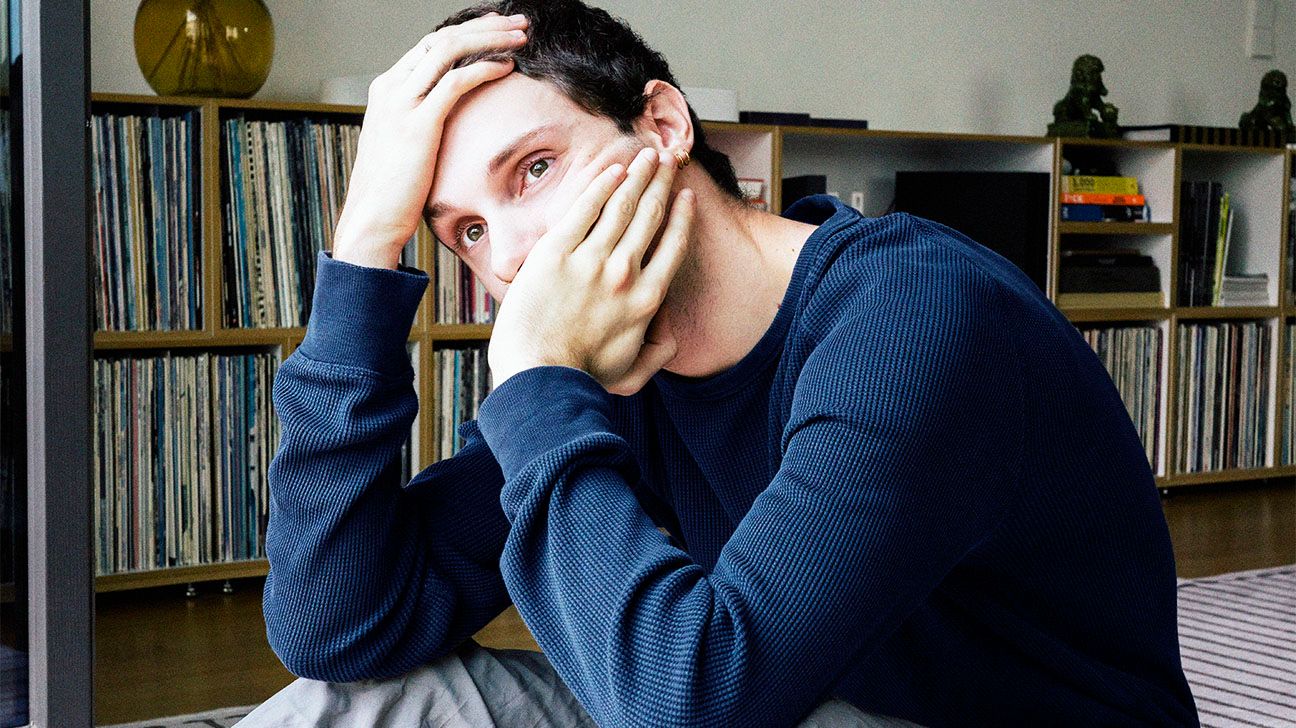Shyness is a personality trait that can cause discomfort, stress, and fear in social settings. Social anxiety is more severe and a disorder that can cause overwhelming fear of social interaction.
Although social anxiety and shyness share certain characteristics, they are different. Most people experience shyness at some point. Some may experience intense and consistent shyness, which can affect their self-image and social interactions.
Those who experience intense shyness may be at higher risk of developing social anxiety disorder, which can be severe and require treatment.

Social anxiety disorder is a chronic mental health condition that may require treatment, while shyness is a trait or characteristic of a person’s personality.
Although social anxiety and shyness may share some symptoms, they are distinct and may have different causes and treatments.
Social anxiety
Social anxiety is a
People with social anxiety may experience excessive fear of rejection, humiliation, and embarrassment. They may find it challenging to complete regular daily activities, including:
- interacting with others, such as friends or cashiers
- activities that involve performance, such as competitive sports or public speaking
- going to work or school
- eating in front of others
The causes of social anxiety are complex and
A healthcare professional can diagnose and prescribe treatment for social anxiety disorder.
Shyness
Shyness is an aspect of a person’s personality. A shy person may tend to feel worried, tense, awkward, or fearful during social interactions. Most people experience at least occasional shyness. For others, shyness is frequent and can vary in severity.
Certain situations may be more stressful than others for people experiencing shyness. The instances can include:
- talking with someone they are interested in romantically
- working with new people
- having direct attention on them, such as a teacher calling on a student to speak in class
Although shyness is less severe than social anxiety, it can significantly affect a person’s life. People who experience intense shyness may have difficulties in their social, relational, and professional lives.
Shyness
Factors that may contribute to shyness include parenting styles that do not encourage independence and social rejection or ridicule during childhood or adolescence.
People do not require a diagnosis for shyness from a healthcare professional and typically do not require medical treatment. However, speaking with a mental health professional can help a person develop management strategies.
People require a diagnosis of social anxiety from a doctor or mental health professional. A doctor may assess the person to rule out other potential causes of their symptoms and refer them to a mental health professional, such as a psychologist or psychiatrist.
A mental health professional
People do not need a diagnosis from a healthcare professional to determine whether they are shy. However, some of the characteristics of shyness are similar to those of social anxiety.
Individuals should not attempt to self-diagnose social anxiety. However, they also should not dismiss their social anxiety symptoms or those of someone else as shyness if they affect the person’s quality of life.
A mental health professional can help someone determine whether they have social anxiety or shyness and how to manage each.
According to a 2019 study, shyness is a risk factor for anxiety and other mental health difficulties in some people.
Another 2019 study suggests that those who are shy, especially children and adolescents, may develop negative self-perceptions about their social performances.
A lack of confidence and self-esteem about social interaction could further increase a person’s fear of social situations and contribute to higher levels of anxiety.
This, especially in combination with other factors, such as negative responses from peers, could lead to social anxiety disorder.
A person may require treatment for social anxiety. A doctor
- antidepressants
- antianxiety medications, such as benzodiazepines
- beta-blockers
Shyness is not an official diagnosis or health condition, but it can affect a person’s quality of life. Psychotherapy, including CBT, may help individuals manage shyness and address specific areas of their life that cause stress.
Relaxation techniques, such as breathing exercises, may also help someone manage stress due to shyness.
People may benefit from speaking with a doctor if social anxiety or shyness affects their quality of life.
An individual may have difficulties with everyday social interactions or experience symptoms that affect their work, social life, or personal happiness. In these cases, a doctor or mental health professional may be able to provide treatment or management strategies.
Social anxiety and shyness share some characteristics, but they are different. Social anxiety is more severe than shyness and is a disorder that requires a diagnosis from a doctor.
A person with social anxiety typically experiences intense fear and dread of social situations. A doctor can help treat the disorder with psychotherapy and medication.
Shyness is a personality trait that can cause worry or discomfort in social situations. Although it is less severe than social anxiety, it can disrupt a person’s life. Psychotherapy can help teach techniques to manage shyness.


